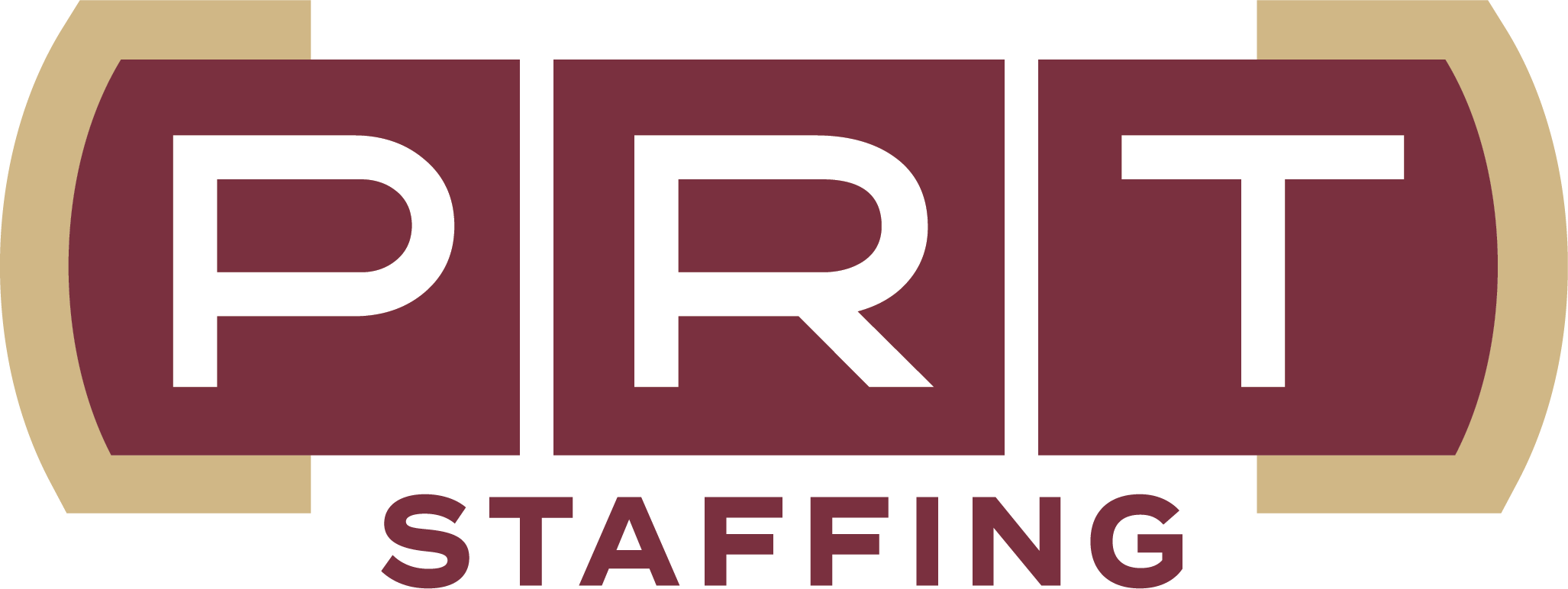How to Prepare to Hire the Definers of the New Workplace: Gen Z
It may sound counterintuitive, but with the possibility of a recession looming, your company’s hiring decisions are more important than ever. While others downsize, you could be adding top talent that helps you ride out the business storm ahead.
“In times of economic downturn, your company is closely monitoring its financials, and a hiring freeze may be on the table as a possible cost-controlling measure. This leaves an even smaller margin for error. Every hiring decision is critical – you must make the right hire the first time,” says the Chicago-based executive recruiting firm the Hunt Club.
The stakes are high to bolster your staffing now as rarely available talent may be available, and those companies optimally staffed will be ready to roll when the economy bounces back.
“Securing your next wave of strong hires now will allow your business to gain a competitive advantage when the economy improves – whenever that may be,” says the Hunt Club.
Not only should you be identifying top talent, but you should be preparing to hire the definers of the new workplace: Gen Z.
“For the first time in modern history, there are currently five generations active in the workforce,” says a new Hireology white paper. “The newest addition to the workforce has been that of Generation Z- Gen Z, for short. These workers are 25 years old and younger and fresh to the labor market. Despite their brief time on the market, these applicants have forged their own path – complete with distinct differences from their predecessors.
Gen Z Making their Mark as Baby Boomers Retire
Gen Z, born between 1997 and 2012 are new to the workplace but are already having a huge impact, especially as the oldest generation, the Baby Boomers, retire out of the labor force.
“Gen Z will soon take over as the most densely populated generation in the workforce, especially as the Baby Boomers … ease out,” says Hireology.
Zurich magazine estimates that Gen Z already makes up 30 percent of the world’s population and by 2025 will account for 27 percent of the workforce.
While much focus has been on the digital transformation underway over the last several years, the rise of Gen Z in the workplace has been a quiet revolution.
“Gen Z is already having a positive impact on our workforce and our business,” says Sally Henderson, Group Head of Talent at Zurich Insurance Group (Zurich). “They are an important talent pool that, let’s face it, is the future of our company. But you need to understand and meet their expectations, which differ from other generations. Do this, and you can attract some amazing talent.”
Gen Z is the first truly digital native generation.
“They are the first digital generation to grow up with no recollection of a world without the internet. They have never used analog camera film, a CD player, a paper map, or a floppy disk,” says Zurich magazine.
Ready or Not: Here Comes Gen Z into the Workplace
“Whether businesses are ready for it or not, this means that there will be an even greater need to cater to the melting pot of workers in the labor force in order to capture their share of top talent,” says Hireology. “Different approaches to attract applicants and convert them to new hires, complete with benefits and perks that Gen Z places high emphasis on, will be necessary to competitively hire.”
For starters, Zurich magazine says Gen Z is not looking for a lifelong career with one company and could change jobs up to 10 times between the ages 18 and 34, based on a survey of U.S. students.
“The old concept of a career ladder running from the mailroom to the executive suite could be replaced by something much more ad hoc and flexible,” says Zurich magazine.
Gen Z’s willingness to move quickly along may be one reason to account for the “Great Resignation” that swept across labor markets during the pandemic with many workers quitting because of low pay, lack of career advancement opportunities, and not feeling heard at work.
5 Ways Gen Z Expectations for Work and Job Search Differ
Hireology says its important to adjust your hiring approach to attract top talent from Gen Z into your company.
Here are five ways in which Gen Z have different expectations for work and job search than older generations:
- Ghosts are Not Just for Halloween with Gen Z: These digital natives bring new behaviors to job search and that includes the concept of “ghosting” – the sudden and without explanation of breaking off all communication, typically reserved for interpersonal relations. Now companies are getting the “silent treatment” with 26 percent of Gen Z job applicants admitting to ghosting a company during the interview process. Why did they do it? Here were their top answers:
o 51 percent: I received another job offer
o 44 percent: Process was taking too long
o 44 percent: Once I learned about the work I was no longer interested
o 38 percent: Company seemed disorganized/unprepared
o 30 percent: Too inconvenient to keep moving forward
o 22 percent: Interviewers were rude/disrespectful
- “Google and Friends” Important to Job Search: No, “Google and Friends” is not a new online morning show but two avenues that Gen Z sought jobs. While older generations relied on job boards and traditional applicant sourcing methods, Gen Z was much more comfortable finding a new position by internet search (Googling!) and seeking referrals from friends. Your company’s SEO and Employee referral programs could be very important in attracting Gen Z workers. How that differed from other generations
- Competitive Pay More Attractive than Flexibility: While companies have been able to dangle the carrot of flexibility to older generations in lieu of pay raises, Gen Z, according to Hireology, is “10 percent less interested in flexibility as a park to offset competitive pay than other generations. When asked who would take a pay cut for more flexibility, respondents answered:
o Ages 18-25: Yes (41 percent), No (59 percent)
o Ages 26-41: Yes (49 percent), No (51 percent)
o Ages 42-57: Yes (49 percent), No (51 percent)
o Ages 58-76: Yes (50 percent), No. (50 percent)
- Company Culture and Growth is Very Important: Gen Z wants the opportunity to grow and advance in their careers. Hireology found that Gen Z was up to a third more likely to apply to positions with the promise of available career pathways than any other generation. While we said they value competitive pay over flexibility, they also would rather stay in a position that provided more meaningful work rather than accept a higher-paying role. This generation is thinking beyond work simply as a paycheck. While 44 percent of Gen Z said career growth would keep them at a lower-paying job, just 36 percent of Gen X said the same, and only 18 percent of Baby Boomers would choose growth over pay.
- Digital Natives Rely on their Mobile Devices: Almost half of Gen Z job applicants rely exclusively on submitting applications on their mobile devices. Companies that do not have their job hunting process mobile-friendly will miss out on half of the younger talent. The job application process needs to be user-friendly as 40 percent of Gen Z job applicants said they did not finish an application because it was too difficult to complete on their smartphone. This switch towards applying for jobs on mobile devices also means less reliance on traditional documents such as resumes and cover letters which are more difficult to submit on non-desktops.
“With every new addition to the workforce, there are bound to be changes made to the hiring process — especially if you approach this aspect with a people-first mentality,” concluded Hireology.





